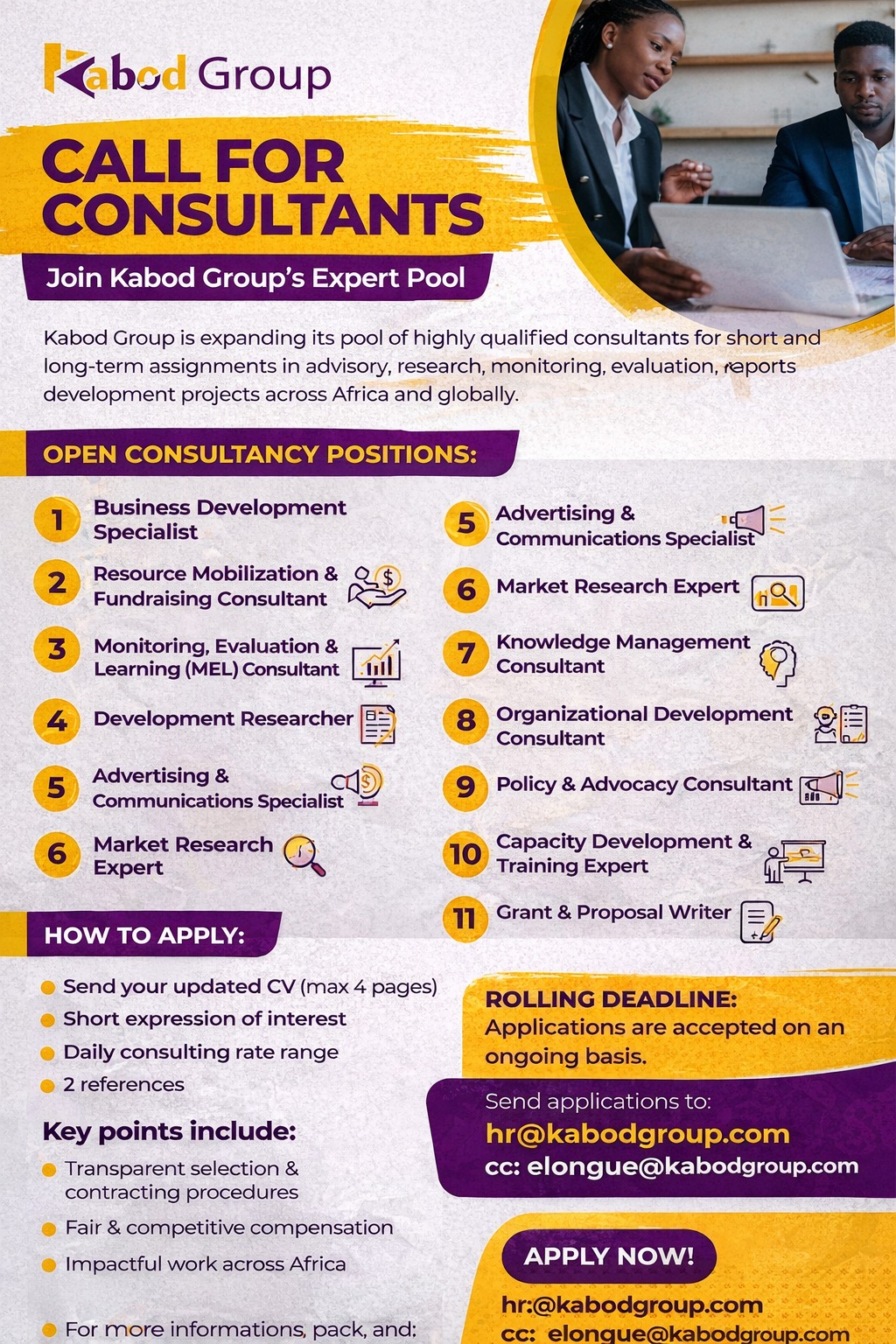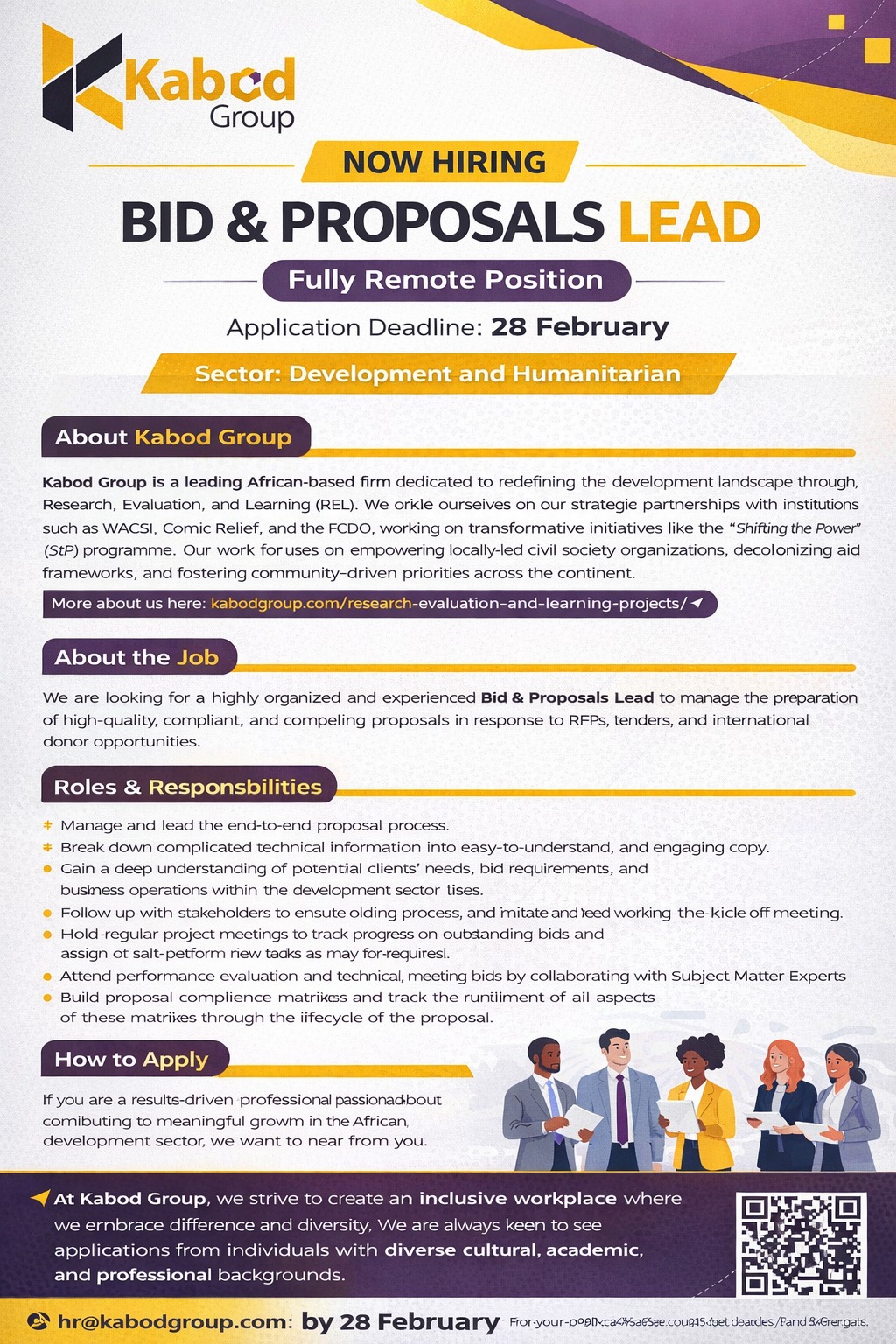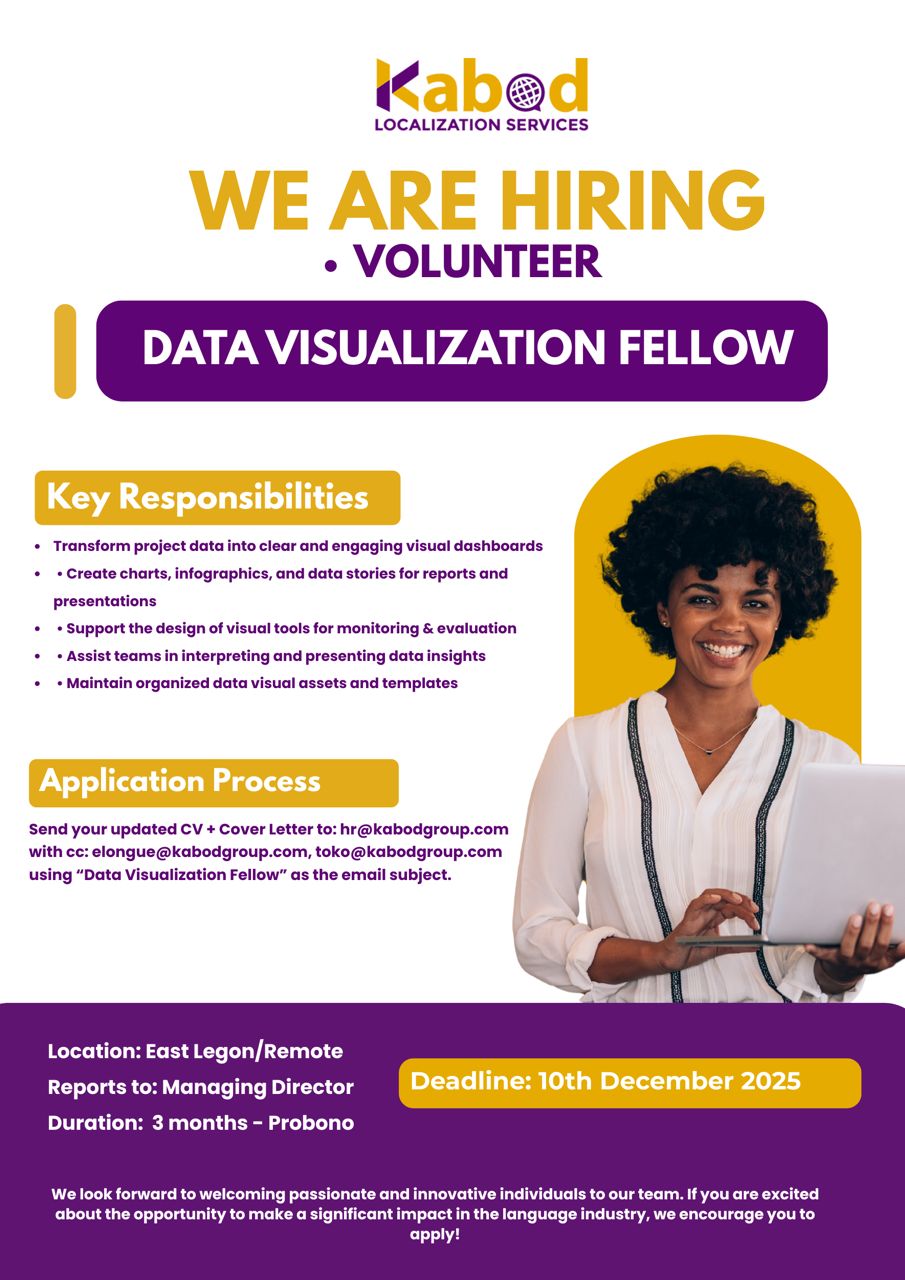How African Linguists Can Embrace MT Without Losing Their Value?
The translation and interpreting industry is changing rapidly because. Machine translation (MT) tools like Google Translate, DeepL, and others have reshaped how we work. For freelance linguists, especially those in Africa, this shift can feel intimidating due to rising. Questions about job security, rates, and the value of human expertise. But what if MT isn’t a threat? What if it’s a tool to help African linguists stand out, grow their careers, and meet the rising demand for multilingual content?
Let’s explore how embracing MT can become a competitive advantage for African linguists without diminishing their unique value.
MT is here to Stay





